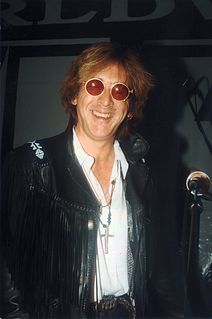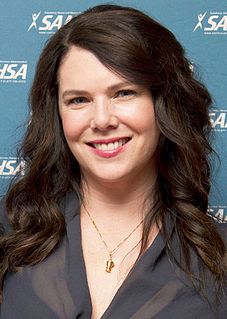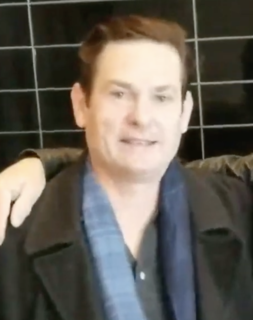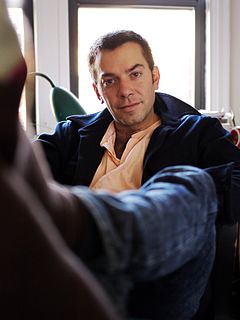A Quote by Tony Judt
The 60s were a continuation of the 50s much more than people realized. Certainly in some countries, like Britain, there was still a culture of deference, whereas in the 70s we really are in a time of angry transition. The generation that came into young adulthood in the 70s couldn't find jobs; that wasn't true in my generation. They entered a time when two depressing things hit them both at the same time.
Related Quotes
Something I always wanted to do, to capture that later half of the '70s. It's like the early half of the '70s is still the '60s, in that there's still kind of a playfulness and inventiveness in terms of design and the things that were going on in the culture. The second half, it got much more commodified. It's possibly the ugliest era of architecture and clothes and design in the entire 20th century, from 1975 to '81 or '82.
Both [Nikola] Tesla and [Leon] Theremin were preternaturally young. I mean, for a long time Tesla was a young man well into his 70s. And so was Theremin, even though, at the end, he looked pretty old. But he was still doing things that young guys do, beyond the time you'd normally think people should be doing that stuff.
Things can change if the military can do a paradigm shift and gets out of the shame and coverup cycle and be a leader in our culture. In the 50s, 60s and 70s there were huge race problems in the military even more severe than the culture at large. The military saw it was detrimental and it changed and became a model to society at large.
Of course people are angry. Generation upon generation had jobs at steel mills or whatever - things were going on and it looked like it would always be that way. And then there's these cataclysmic changes and people find themselves out on their arse and they're angry and they want answers. But one thing that's for sure is that those answers will not come in the form of Donald J. Trump.
My dad and mom were more like World War II-era parents, even though it was the 1960s, because they were both born in the '40s. They were young adults before the '60s even happened, and married, and already having kids. But by the time we were adolescents in the '70s, the whole culture was screaming at parents, "You're a good parent if you're open with your kids about sex." They attempted to be open with us about sex, and it made them want to die, and consequently, it made us want to die.
I think Hollywood has gone in a disastrous path. It's terrible. The years of cinema that were great were the '30s, '40s, not so much the '50s...but then the foreign films took over and it was a great age of cinema as American directors were influenced by them and that fueled the '50s and '60s and '70s.
Not only was Dan Cooper likely an alias, but many people suspected at the time were people living under assumed names. The '50s and '60s were a time when some people were desperate to leave their lives. They felt trapped in their marriages or their jobs, and they were seeking freedom. And one of the ways to do that, because technology wasn't advanced as it is today, was just to take over somebody's name.
It's weird as actors because I mean we're fortunate in the group of people who have to spend time away from their families. There are men and women serving overseas who certainly have it a lot harder than we do, and there are jobs that take people away from the families, and that's a reality with some jobs that you have. One thing that's really difficult I find is the transition, because not only do you have to learn how to transition to living on your own again, there's a transition that happens learning how to live with somebody again.








































